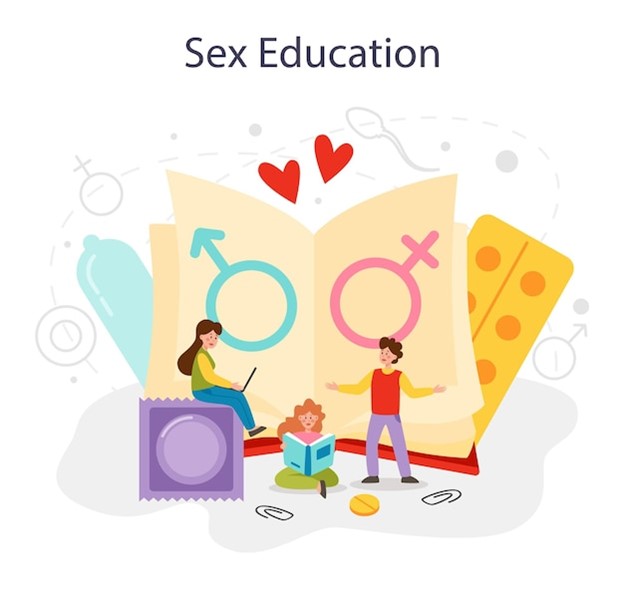Sexual health education plays a crucial role in the overall well-being and development of young people in South Africa. Comprehensive and accurate sexual health education equips students with the knowledge, skills, and attitudes necessary to make informed decisions about their sexual health and relationships. In a country where rates of sexually transmitted infections (STIs), unintended pregnancies, and HIV/AIDS remain high among young people, the importance of sexual health education in schools cannot be overstated. Here are some key reasons why sexual health education should be prioritized in South African schools:
- Accurate and Reliable Information: Sexual health education provides students with accurate and reliable information about their bodies, reproductive health, contraception, STIs, and HIV/AIDS. It helps dispel myths and misconceptions surrounding sexual health, ensuring that young people have access to evidence-based knowledge that empowers them to make informed choices.
- Promotes Safer Sexual Practices: Comprehensive sexual health education promotes the importance of practicing safer sex. It educates students about the proper use of condoms and other forms of contraception, emphasizing the role they play in preventing unintended pregnancies and reducing the transmission of STIs, including HIV. By equipping young people with this knowledge, sexual health education contributes to the overall reduction of sexually transmitted infections and unplanned pregnancies.
- Fosters Healthy Relationships: Sexual health education teaches young people about healthy relationships, consent, communication, and respect. It helps them understand the importance of establishing boundaries, recognizing signs of an unhealthy relationship, and promoting mutual consent in sexual activities. By providing these skills and knowledge, sexual health education contributes to the development of healthy and respectful relationships among young people.
- Addresses Gender Inequality and Sexual Violence: Sexual health education can play a vital role in addressing gender inequality and preventing sexual violence. By discussing topics such as gender roles, power dynamics, and consent, it helps challenge harmful stereotypes and norms that perpetuate gender-based violence. By promoting respect and equality, sexual health education contributes to a safer and more inclusive society.
- Empowers Young People: Sexual health education empowers young people to take charge of their sexual health and make decisions that are right for them. It encourages open dialogue, critical thinking, and the development of assertiveness skills. By providing a safe and supportive environment for discussions about sexuality, sexual health education empowers young people to advocate for their own well-being and make choices that align with their values and beliefs.
- Reduces Stigma and Discrimination: Sexual health education helps reduce the stigma and discrimination associated with sexuality and HIV/AIDS. By fostering understanding and empathy, it promotes acceptance and inclusivity. This is particularly important in South Africa, where stigma and discrimination remain significant barriers to accessing sexual health services and support.
- Prepares for a Healthy Adulthood: Comprehensive sexual health education equips young people with the knowledge and skills they need to navigate their sexual lives as adults. It provides information about family planning, reproductive health, and responsible decision-making. By preparing young people for adulthood, sexual health education contributes to their overall well-being and future success.
It is crucial that sexual health education in South African schools is age-appropriate, culturally sensitive, and evidence-based. Qualified educators and healthcare professionals should deliver the curriculum, ensuring that students have access to accurate information and supportive resources. Additionally, collaboration between schools, parents, and community organizations is vital to reinforce the messages of sexual health education and create a supportive environment for young people.
In conclusion, sexual health education in South African schools is essential for promoting the well-being of young people. By providing accurate information, promoting safer sexual practices, fostering healthy relationships, and addressing issues of gender inequality and sexual violence, sexual health education empowers young people to make informed decisions about their sexual health. It plays a vital role in reducing STIs, unintended pregnancies, and HIV/AIDS rates while creating a more inclusive and supportive society for all.










